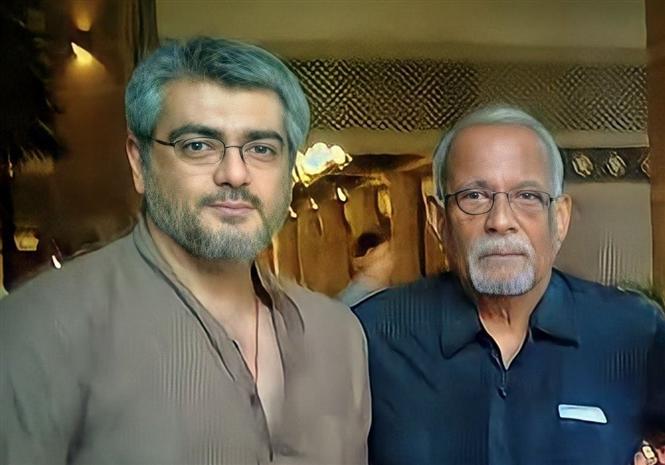In the 1978 movie review of “Haq,” 62-year-old Shah Bano sues her wealthy husband, Mohammad Ahmad Khan, for maintenance. This led to a 1985 Supreme Court ruling that affirmed the rights of divorced Muslim women, mandating a consistent maintenance sum as both a legal responsibility and a moral obligation.
The judgment sparked significant controversy in India, intensifying discussions on secularism, Muslim personal law, uniform civil code, and gender justice. The strong backlash from various parties prompted a hasty governmental response, which ultimately influenced the country’s political landscape.
Haq draws inspiration from the Shah Bano case but avoids melodrama, instead focusing on the real-life challenges faced by a happily married woman living with her husband’s second wife and the issues surrounding triple-talaaq.
The film avoids sensationalism and the demonization of a minority community, maintaining a tone of restraint in its storytelling. Varma’s authenticity shines through in the everyday language of the characters, as well as in the detailed portrayal of their homes and the courtrooms where conflicts arise.
The performances in the film are strong across the board. Yami Gautam Dhar, as Shazia Bano—a woman dealing with her husband’s betrayal while trying to maintain her dignity—delivers an excellent performance, skillfully avoiding excessive dramatics even during the essential climax. Emraan Hashmi portrays the entitled husband, whose patriarchal mask conceals his true nature, harshly criticizing his wife for requesting a minimal maintenance amount. Supporting roles play a significant part in the film, with Danish Hussain as Shazia’s father, Sheeba Chaddha as her determined lawyer, and Aseem Hattangaddy as the lawyer’s assistant, all enhancing the narrative. Newcomer Vartika Singh, as the other woman in the scenario, integrates well into the film’s atmosphere, navigating her role in someone else’s household while attempting to maintain harmony; the filmmakers choose to avoid stereotypical portrayals of her character.
The film is characterized by a lack of shrillness, which successfully maintains audience engagement. However, it notably avoids examining the broader implications of Shah Bano’s case, focusing instead solely on Shazia and her personal struggle. This choice suggests a deliberate exclusion of the external conflicts, potentially to sidestep scrutiny from a judgmental society. Interestingly, the post-credit scene does commend the current regime for banning the controversial practice of triple-talaaq.
‘Haq’ effectively demonstrates clear-eyed empathy while portraying an ordinary woman who discovers extraordinary strength and resilience in her fight for a cause. Throughout her journey, she inadvertently creates history.




